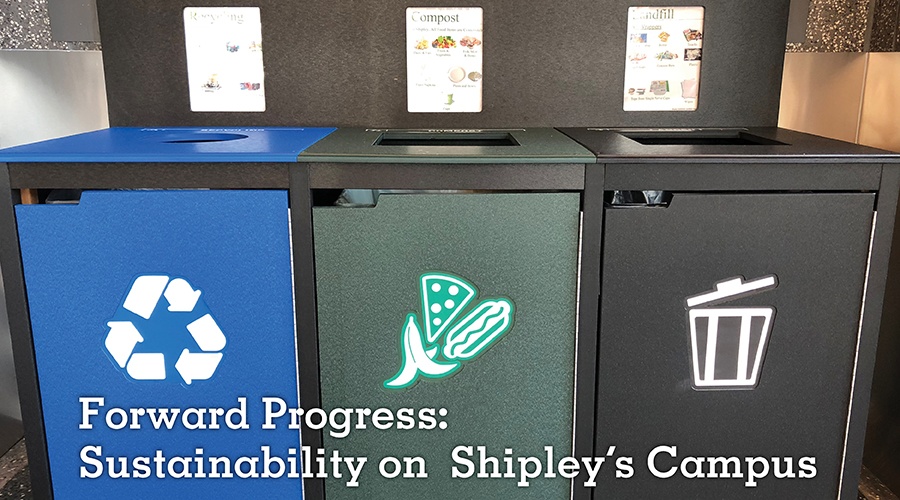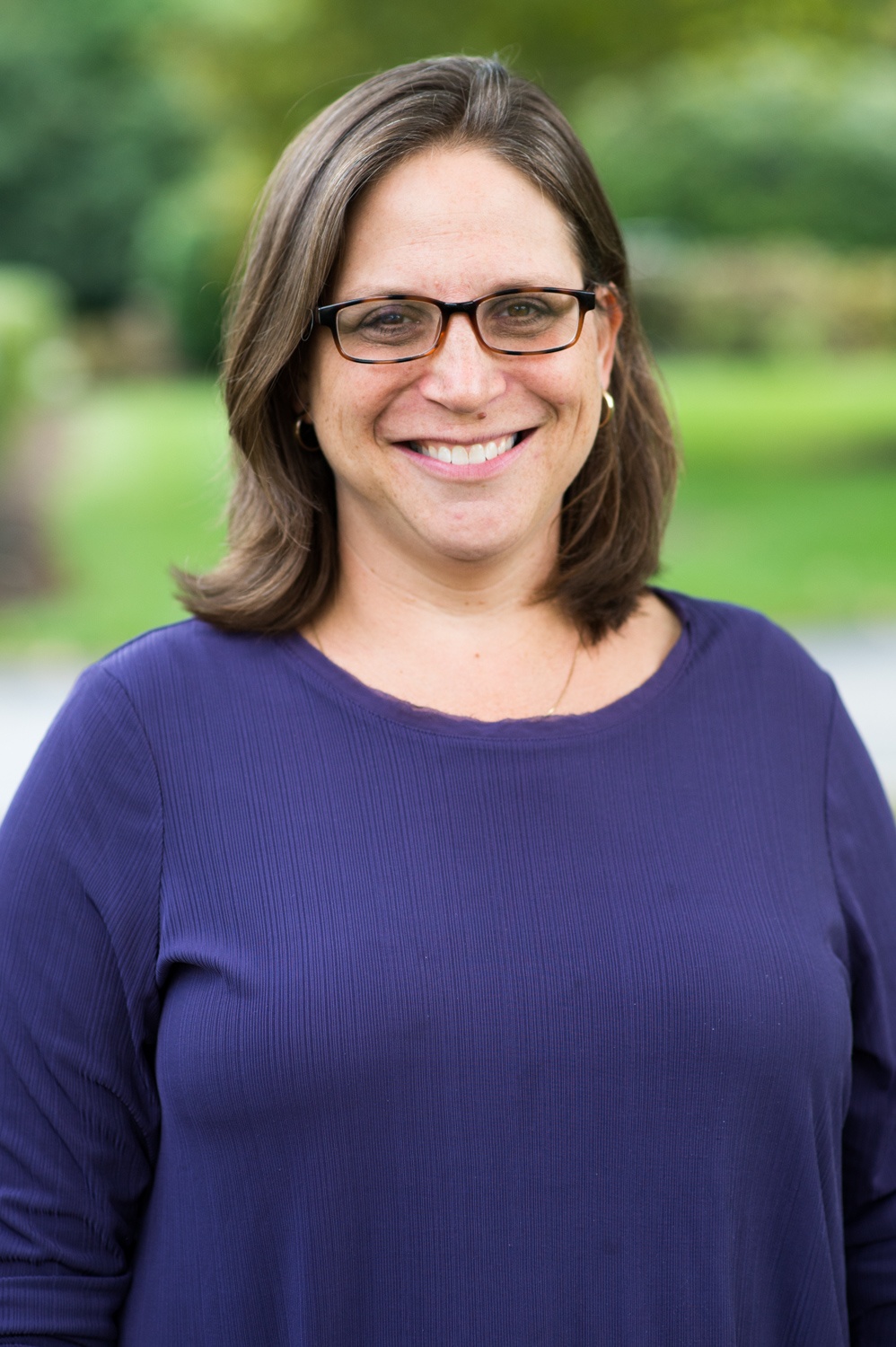As environmental topics like climate change and global warming become more prominent in the news, at Shipley we feel we are responsible for helping our students understand these issues and should serve as a model of responsible environmental citizenship. For this reason, we created our Environmental Sustainability Initiative in response to a growing trend amongst schools like ours. Our sustainability initiative connects directly to Shipley’s call for students to demonstrate “Compassionate Participation in the World.”
Evaluation and Goal Setting
During the 2017-18 school year, we worked with the Boyer Sudduth Environmental Consulting Firm to evaluate Shipley’s overall environmental footprint. From this consultation, we came to understand that there were some things we were doing well while there were others that needed our attention. One of the most important priorities for us to work on was waste. It was brought to our attention that the majority of Shipley’s waste goes to the landfill. After learning this, we set a goal of diverting most of our School’s waste to recycling and compost. We designated our Commons as the first area of priority because it lies at the heart of the School and is used by the whole Shipley community.
Making Changes
In addition, as part of our efforts to make our School more sustainable, we have switched to compostable plates, bowls, cups, and napkins in our cafeteria and have contracted with a composting company to take it off-site. We have also switched to all metal utensils. These measures are only the beginning of our long-term sustainability plan, which will eventually address waste in classrooms, decrease paper usage, and explore expanded environmental education in our classrooms.
Student Involvement
To involve and engage students in our campus sustainability efforts, we have planned cafeteria waste audits across all three divisions this fall. As part of these audits, students will measure and evaluate all the waste produced in one session of lunch. The students will take all bags of compost, recycling, and landfill waste, weigh them, and actually sort through a few bags to determine their degree of contamination. They will then record data and observations and present them to the School in the format of a report card, reporting on the proper sorting of waste. The aim behind this activity is to make the issue of waste sorting more real to the entire student body and inspire a higher level of awareness amongst our students.
Taking Responsibility
Most of our sustainability work comes down to each person being aware of the waste he/she produces and taking responsibility for disposing of it properly. This is the beauty of this type of work – it is literally in the hands of every single one of us! Students can change their own habits and influence their friends to do the same. They can volunteer as Waste Watchers and coach their peers in proper disposal practices and they can join the Environmental Club where we work on a variety of sustainability initiatives for our community. As we aim to educate students to be active and compassionate participants in the world, encouraging their participation in sustainability efforts on campus is imperative. We are excited about what is to come!










